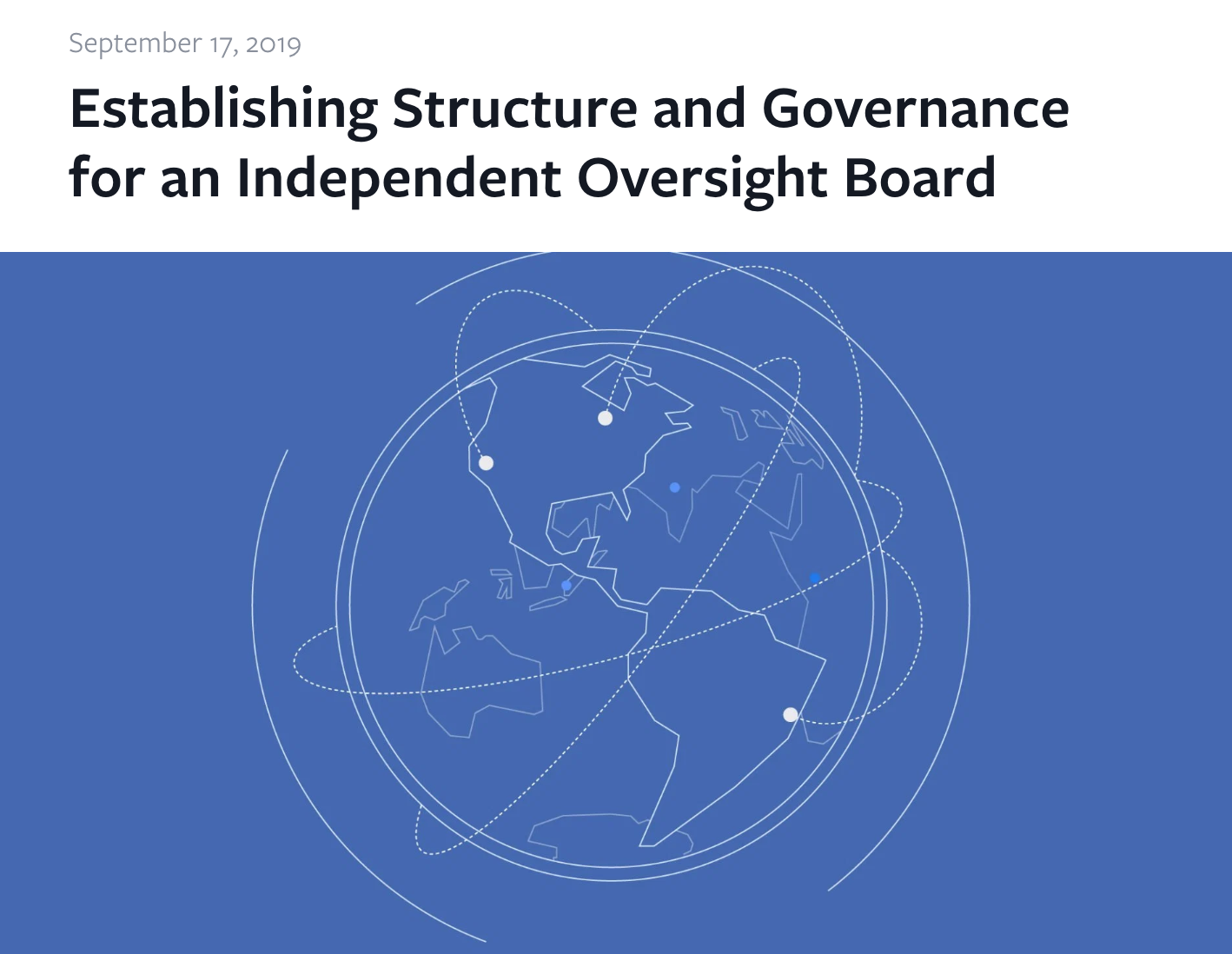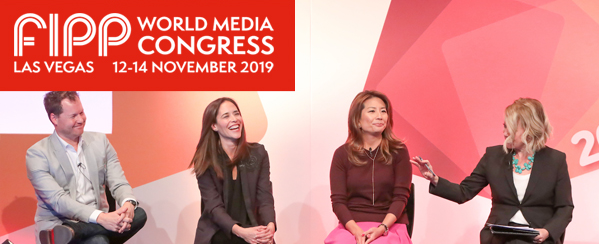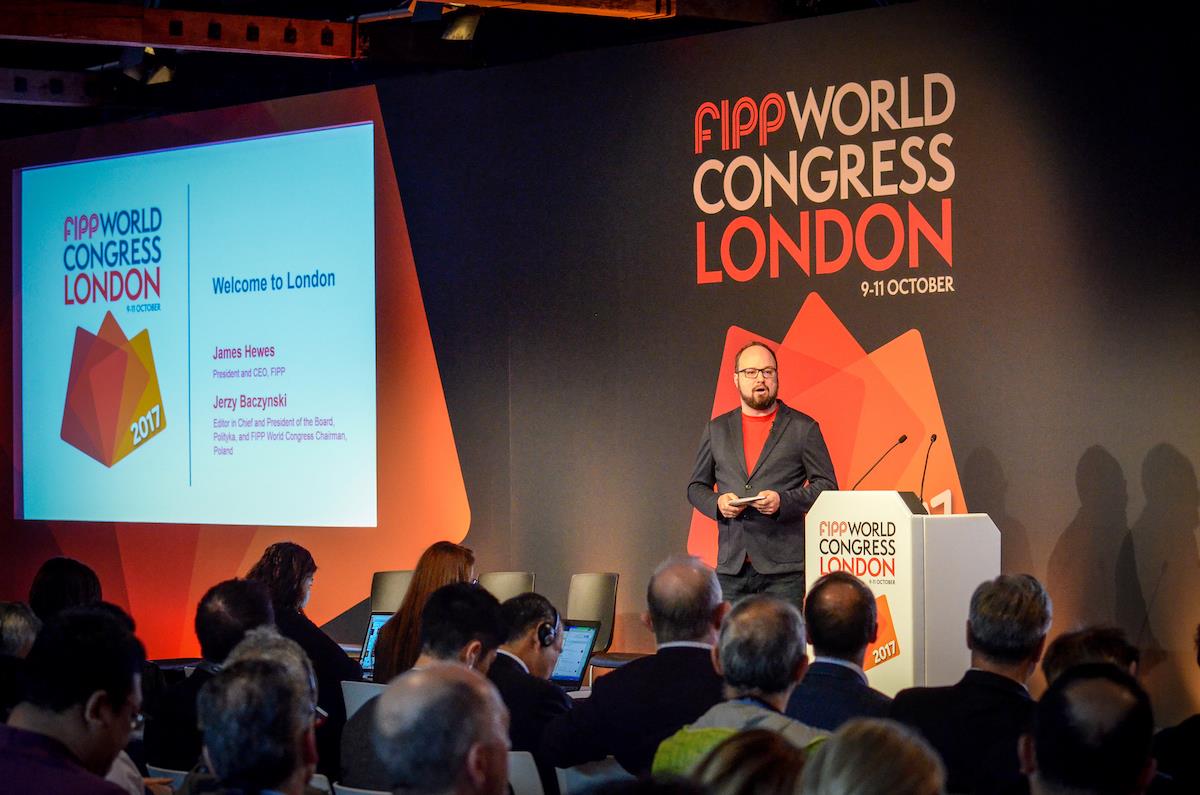6 questions about Facebook’s planned oversight body
Called the ‘Oversight Board Charter’, Facebook has – on the face of it – made good on a promise last year that it was serious about creating an oversight body that would be able to make independent and binding judgements about its own content. The nine page charter spells out how this body will be comprised, how much power it will have, its implementation and governance.
Facebook says the charter was written after more than six months of external global consultation with more than 2,000 people in 88 countries. Some questions remain.
 |
Screenshot: Facebook
1.How independent will the Oversight Board be?
Apart from having the relevant experience the charter states board members “must not have actual or perceived conflicts of interest that could compromise their independent judgment and decision-making.”
Kate Klonick, assistant professor at New York’s St. John’s University School of Law who studies internet free speech, says in a Twitter thread: “the Board is going to be a body of people independent financially & motivationally from FB that reviews individual user’s appeals of content removal & issues”.
But, responds Katryna Dow, founder and CEO of life management firm Meeco, which assists people in taking control of their personal data and digital life, the charter seems to suggest the chairperson will be the only truly independent person on the boards. “…but the Co-chairs are Facebook, & Co-chairs pick (the) next 9 (other) members… isn’t it basically just Facebook? Why would Co-chairs select anyone that doesn’t represent their views or do their bidding?”
Ok, so what should you know about the Facebook’s Oversight Board?! What the heck is this thing, where did it come from, and why should you care about the documents they released today?
Until I can publish my (very long law review) paper (no one will read) I MADE A THREAD.
1/
— Kate Klonick (@Klonick) September 17, 2019
Facebook says the aim is to eventually appoint 40 board members who will serve three-year terms. Brent Harris, Director of Governance and Global Affairs at Facebook says they are committed to selecting “a diverse and qualified group… We agreed with feedback that Facebook alone should not name the entire board. Therefore, Facebook will select a small group of initial members, who will help with the selection of additional members. Thereafter, the board itself will take the lead in selecting all future members.”
2. How powerful will the board be?
Facebook says that whenever content is brought before the board for review, the members will have the right to:
– Request that Facebook provide information reasonably required for board deliberations in a timely and transparent manner;
– Interpret Facebook’s Community Standards and other relevant policies (collectively referred to as “content policies”) in light of Facebook’s articulated values;
– Instruct Facebook to allow or remove content;
– Instruct Facebook to uphold or reverse a designation that led to an enforcement outcome; and
– Issue prompt, written explanations of the board’s decisions.
In addition, the board can provide policy guidance, specific to a case decision or upon Facebook’s request, on Facebook’s content policies. The board will have no authority or powers beyond those expressly defined by this charter.
FIPP World Media Congress12-14 November 2019 | Las Vegas Meet more than 800 leading players from the global media industry under one roof during three days of learning, sharing and networking. Book by 25 September to save $300 from final rates. See the agenda | See the speaker line-up
fippcongress.com |
3. How binding will the board’s decisions be and how will it be enforced?
Facebook states in Article 4 of its Oversight Board implementation charter that the board’s resolution of each case “will be binding and Facebook will implement it promptly, unless implementation of a resolution could violate the law”. In such instances – when identical content with parallel context, which the board has already decided upon – remains on Facebook, it will take action “by analysing whether it is technically and operationally feasible to apply the board’s decision to that content as well. When a decision includes policy guidance or a policy advisory opinion, Facebook will take further action by analysing the operational procedures required to implement the guidance, considering it in the formal policy development process of Facebook, and transparently communicating about actions taken as a result”.
In a letter announcing the Oversight Board, Facebook’s founder and CEO Mark Zuckerberg says the board’s decision “will be binding, even if I or anyone at Facebook disagrees with it”.
Klonick says the answer to successful enforcement will lie in the Oversight Board’s and Facebook’s commitment to transparency and explanation. “The Board will publish its opinions, FB’s rules are public – the updates with be made publicly, (and) failure to make good on enforcement of new rule can be appealed.”
4. How will the Oversight Board be funded and will the board members be paid?
Article 5 of the Oversight Board Charter specifies that an independent trust will be created by Facebook. This trust will ensure governance and accountability of the Oversight Boards, as well as the board’s adherence to its stated purpose.
The trust will receive funding from Facebook, and independent trustees will act in line with their fiduciary duties. The trustees will maintain and approve the board’s operating budget, including member compensation, administration and other needs.
The trustees will also have the power to formally appoint and, if necessary, remove members for breaches of the board’s code of conduct.
“The board, the trust and Facebook will work together to fulfill the charter and the board’s purpose.”
The payment structure for board members has not been specified. It is also unclear where the permanent staff will eventually be located and how often oversight board members would meet in person to decide cases.
5. How will cases be selected to be heard?
Facebook says in a seperate post from the charter document that both Facebook and its users will be able to refer cases to the board for review. “For now, the board will begin its operations by hearing Facebook-initiated cases. The system for users to initiate appeals to the board will be made available over the first half of 2020.”
Facebook also identifies “priority cases” as those that involve content that “threatens someone else’s voice, safety, privacy, dignity or equality” and affects a large number of people.
It also offers some guidelines. “We’ve identified guidelines for how we will prioritise our most significant and difficult cases for Facebook’s referrals to the board. Our current thinking focuses on indicators that demonstrate cases are both significant and difficult…”
Significance
“Significant means that the content involves real-world impact. The content in question should involve issues that are severe, large-scale and important for public discourse.”
Here factors would include:
– Severity: the content threatens someone else’s voice, safety, privacy, or dignity.
– Scale: the content reaches or affects a large number of people and/or illustrates a larger trend or issue on Facebook.
– Public discourse: the content spurs significant public debate and/or important political and social discourse.
Difficulty
“The decision on the content raises questions about current policy or its enforcement. Strong arguments could be made for either removing or leaving up the content.”
Here factors would include:
– Disputed: there is disagreement about Facebook’s decision on the content and/or the underlying policy or policies.
– Uncertain: there is uncertainty about the correct decision according to Facebook’s policy.
– Competing: there is a tension between equally important values. A reasonable person could imagine both arguments to remove the content or keep it up, and a decision either way necessitates a trade-off between values.
6. How likely is it that an Oversight Board will solve Facebook’s image crises?
Not that likely. Mathew Ingram, chief digital writer for the Columbia Journalism Review argues that skepticism about Zuckerberg’s plans is not surprising, “given some of the company’s past commitments that have failed to come to fruition”.
It’s common cause that Facebook fear regulation or breakup in the face of antitrust investigations by the US’s Federal Trade Commission, Congress, and a group of state attorneys general. It is for this reason that many argue the formation of the board could be a PR stunt to suppress critics?
The Associated Press quotes Luigi Zingales, a University of Chicago professor of finance involved in a report on how to oversee digital platforms. Zingales calls the creation of the board “clever” but also point out that ultimately it’s more about appearance than substance.
He says it’s “hard to imagine that this board will not be completely captured by Facebook”.
FIPP World Media Congress12-14 November 2019 | Las Vegas Meet more than 800 leading players from the global media industry under one roof during three days of learning, sharing and networking. Book by 25 September to save $300 from final rates. See the agenda | See the speaker line-up
fippcongress.com
|
More like this
Facebook regulation: good news for the traditional media industry?
The real reason why newspapers are losing to Facebook
Will Facebook save local journalism?
From Vegas to Hollywood: Make the most of your time with FIPP
[FIPP Congress Q&A] Tech stacks: To buy or to build? That’s the question
[FIPP Congress Q&A] Meredith’s Liz Vaccariello: Parenting lessons at the Congress









